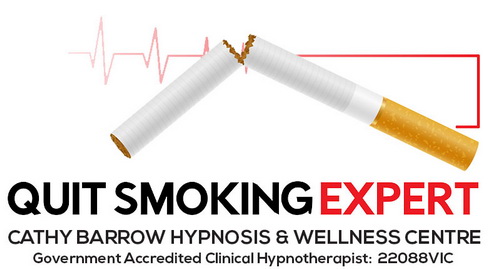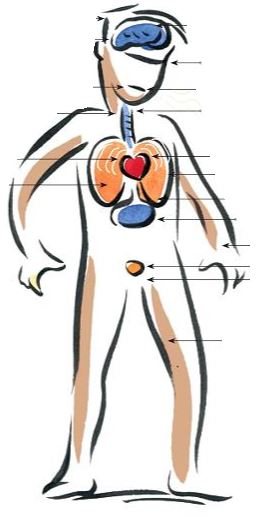Health effects of Smoking
Quitting smoking offers immediate and long-term benefits. Quitting reduces the risk of developing smoking-related diseases and improves your health in multiple ways. The health effects of smoking are briefly discussed below.
Tobacco smoke is made up of thousands of chemicals and many of them are very harmful. Around 70 of them cause cancer. Download What’s in Cigarettes to read more about these chemicals.
Poisons in tobacco smoke include:
- Carbon monoxide
- Fatal in large doses, this poisonous gas is also found in car exhaust fumes. It takes the place of oxygen in your blood, starving your lungs, heart, and other organs of the oxygen they need to function properly.
- Tar
- This sticky brown substance coats your lungs like soot in a chimney. Tar and smoke irritate your lungs, increasing the amount of mucus in your chest and restricting your breathing.
Long-term smokers are at a higher risk of developing a range of potentially deadly diseases including:
- Cancer of the lungs, mouth, nose, throat, oesophagus, pancreas, kidney, liver, bladder, bowel, ovary, cervix, bone marrow, and stomach.
- Lung diseases such as Chronic Obstructive Pulmonary Disease (COPD) which include chronic bronchitis and emphysema.
- Heart disease, heart attack, and stroke.
- Poor blood circulation in feet and hands, can lead to pain and, in severe cases, gangrene and amputation.
Health effects of Smoking
The leading cause of death from preventable causes is smoking cigarettes.
- In the United States, more than 480,000 people die each year from smoking cigarettes. This is almost one in five deaths.
Every year, smoking causes more deaths than all the other causes.
Human immunodeficiency virus (HIV)
Illegal drug use
Alcohol use
Motor vehicle accidents
Incidents involving firearms
More than 10 times more Americans have died from smoking cigarettes than in all of the wars fought by the United States.
About 90% (9 out of 10) lung cancer deaths are caused by smoking. Lung cancer kills more women each year than breast cancer.
Smoking is responsible for about 80% (8 out of 10) deaths due to chronic obstructive lung disease (COPD).
Smoking cigarettes increases the risk of death from any cause in both men and women.
The risk of death from smoking cigarettes has increased in the past 50 years.
Lung cancer, stroke, heart disease, and heart disease are more common in smokers than in non-smokers.
According to estimates, smoking is a risk factor that increases the likelihood of developing cancer.
To prevent coronary heart disease, 2 to 4 times
For stroke, 2 to 4 times
Of men developing lung cancer by 25 times
Of women developing lung cancer by 25.7 times
Smoking can lead to poor overall health, higher absenteeism at work, and increased healthcare utilization and costs.
Smokers are more at risk of developing diseases that affect the heart or blood vessels (cardiovascular disease).
Smoking can cause strokes and coronary heart disease. These are the two leading causes of death in America.
Even those who smoke less than five cigarettes per day may have signs of heart disease.
Smoking can cause blood vessels to thicken or shrink, which can lead to a variety of health problems. This causes your heart to beat faster and can increase your blood pressure. Clots may also form.
When:
A clot can block blood flow to a part of your brain.
A blood vessel around or in your brain bursts.
Smoking can also cause blockages in blood flow, which can lead to reduced blood flow to the legs and skin.
Smoking can cause strokes and coronary heart disease. These are the two leading causes of death in America.
Smoking can lead to poor overall health, higher absenteeism at work, and increased healthcare utilization and costs.


